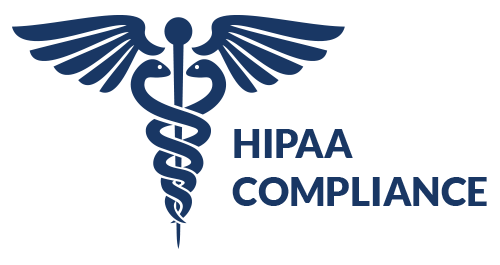Home/HIPAA Training
After studying the below material, please proceed to quiz portion of the module below.
*-Please do not print this page-*
Print out only the “HIPAA Quiz” to send to your HIPAA Compliance Officer.
*make sure to print your name, date, and sign.*
After studying the above material, please proceed to quiz portion of the module below.
*-Please do not print this page-*
Print out only the below “HIPAA Quiz” to send to your HIPAA Compliance Officer.
*make sure to print your name, date, and sign.*

